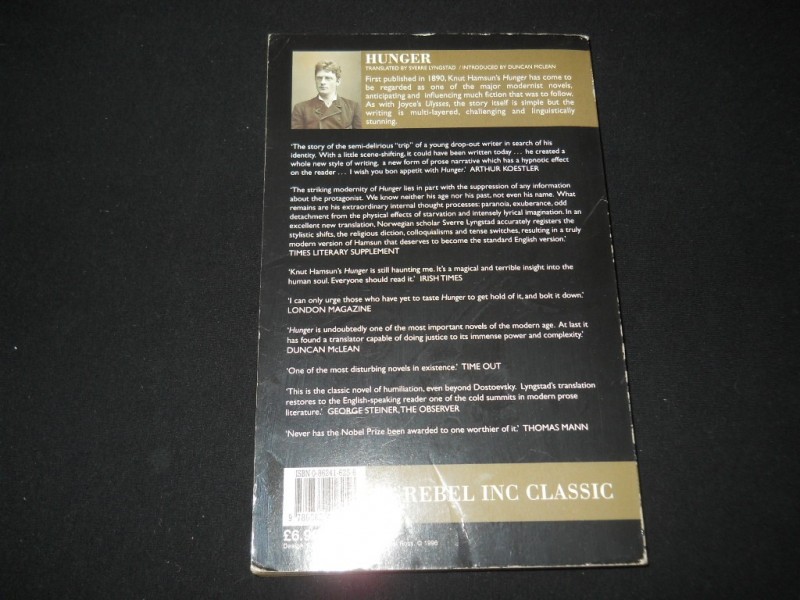

Maybe it is an obsession, but literature fills a special place in my heart. One day I hope to have my own personal library in my mind it looks much like the one from Beauty and the Beast a la Disney, but less cartoonish. Plus, I greatly enjoy scavenging through used book stores for old hardcovers and often traverse several stores before reading a novel I know I'll love just to be sure I have the edition that best suits me. I can understand their versatility and convenience, but there is a strange power felt while just holding a nice edition of a novel in your hands, especially after time has passed and you pick it back up just to feel its weight in your palms. Perhaps this is why I never got into the electronic readers. I can often relate any major event in my life to the particular novel I was reading at the time, and vice versa, making my bookshelf an eternal, tangled web of my past. I'll caress each spine with my eyes, occasionally running a finger down it to feel a spark of retrospection and for a moment recall the times when I held a particular book during the course of absorbing it. Each shelf is swelling nearly to the point of overflowing with books, each authors collection seemingly positioned at random - yet, somehow, the location of each work holds some secret form of order that is beyond even me. Hunger: Roman.I often catch myself staring, rather lovingly in fact, at my bookshelves. Sales Rank Publication Date Lowest New Price His ordeal, enhanced by his inability or unwillingness to pursue a professional career, which he deems unfit for someone of his abilities, is pictured in a series of encounters which Hamsun himself described as 'a series of analyses.'

While he vainly tries to maintain an outer shell of respectability, his mental and physical decay are recounted in detail. Set in late 19th century Kristiania, the novel recounts the adventures of a starving young man whose sense of reality is giving way to a delusionary existence on the darker side of a modern metropolis. Written after Hamsun's return from an ill-fated tour of America, Hunger is loosely based on the author's own impoverished life before his breakthrough in 1890. It has been translated into English three times: in 1899 by Mary Chavelita Dunne (under the alias George Egerton), by Robert Bly in 1967, and by Sverre Lyngstad, whose translation is considered definitive. It hails the irrationality of the human mind in an intriguing and sometimes humorous novel.

The novel is hailed as the literary opening of the 20th century and an outstanding example of modern, psychology-driven literature. Parts of it had been published anonymously in the Danish magazine Ny Jord in 1888. Hunger is a novel by the Norwegian author Knut Hamsun and was published in its final form in 1890.


 0 kommentar(er)
0 kommentar(er)
